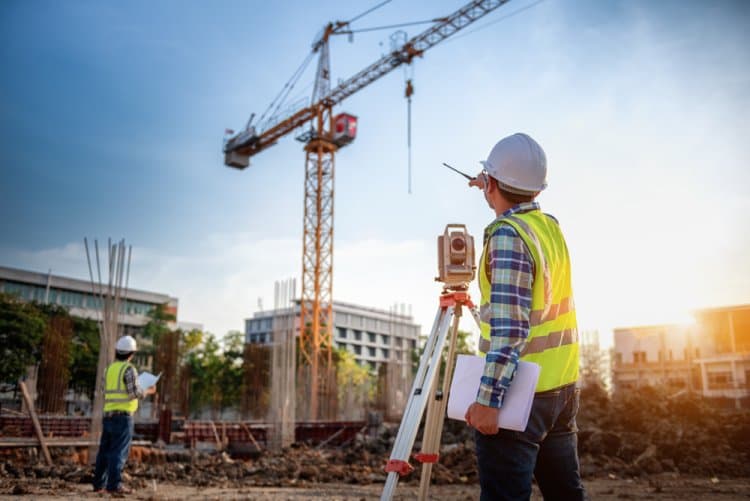
Construction arbitration and dispute resolution in UAE
The UAE's construction industry is a major contributor to the country's economy, with the initiation of large infrastructure projects worth billions of dollars.
However, disputes are common in this industry. The dispute resolution takes place through arbitration. It is advisable to seek professional help from a top legal consultant with experience in arbitration for disputes relating to construction.
Despite this, there are several benefits of arbitration, including flexibility in procedure, the option to choose the location, confidentiality, careful examination of claims and defenses, the ability to recover legal costs, and impartiality.
Most construction projects are complex. Generally, construction disputes occur between the owner, contractor, sub-subcontractors, architects, and material suppliers. Many of these construction disputes settle outside court through arbitration. It allows parties in dispute to decide to present their case to an unbiased third party, known as the arbitrator, who acts as a judge.
The following factors contribute to construction disputes: unclear contract terms or technological problems. Parties who don't understand their legal obligations. Incomplete designs, poor organizational conduct, and poorly drafted contracts. Errors in contract documents, wrongful termination, failure to remedy defects, or incomplete claims.
According to UAE law, parties can decide to settle disputes outside of court through arbitration. Arbitration is the common dispute resolution mechanism to avoid the troubles of litigation in the UAE courts. Also, the parties can choose the coverage, language, location, regulations, arbitrators, and timings. The process and the results have a binding effect. The UAE courts approve the arbitration award without re-examination of the merits of the case. The court revokes the award in certain scenarios.
It is necessary to have a binding agreement signed by authorized individuals representing both parties. The parties should determine whether they prefer institutional or ad hoc arbitration. Institutional arbitration requires prior payment of fees. The tribunal will be chosen by the institution. For ad hoc arbitration, the parties must enter into a tri-partite arbitration agreement with the arbitrator. Construction arbitration resolves complex disputes involving contracts, documentation, expenses, emails, agendas, plans, and statutory licenses. The arbitration clause must meet the specific needs of the parties' situation.
The arbitration team comprises the legal team, experts, clients, and witnesses. Arbitration starts when the claimant delivers a ‘Notice to Arbitrate’. It should declare that it is a request to arbitrate the controversy. And, provide facts like names, contact details, description of the conflict, the remedy sought, choice of arbitrator, language, etc.
The arbitral tribunal may comprise a sole arbitrator or a three-person tribunal. If not mentioned in the arbitration clause, the relevant provisions of the UAE’s arbitration law will apply. The UAE’s arbitration law provides that within 30 days of its constitution. The tribunal gives notice of the date for the first meeting.
For any legal queries or information, contact ask@tlr.ae or call us on +971526443004